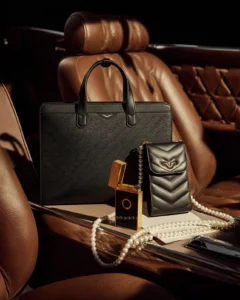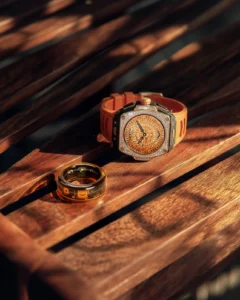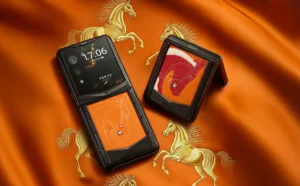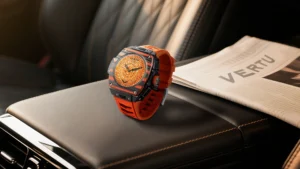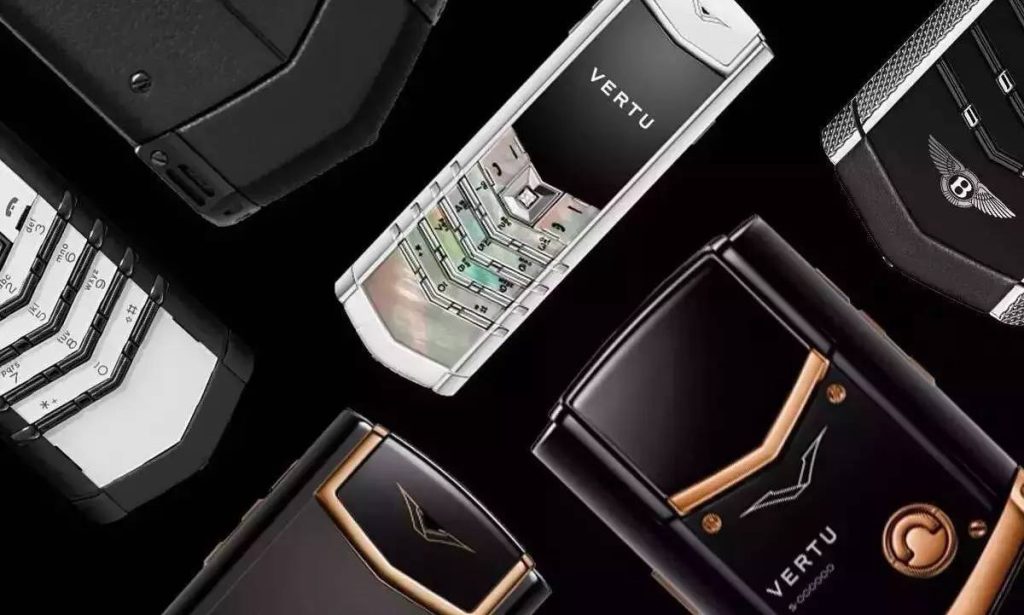
Key Takeaways
-
The most expensive smartphone brands today are those that combine luxury materials, extreme exclusivity and bespoke services — e.g., VERTU Signature V Full Gold 4G.
-
Price isn’t just about tech specs — it’s about brand heritage, limited edition status, exotic materials (gold, diamonds, crocodile leather) and personalized concierge services. For example, VERTU lists itself among the highest-tier luxury mobile brands.
-
If you’re shopping for ultra-premium smartphones, you need to evaluate not only performance, but rarity, resale value and brand prestige, especially if you consider a device as an investment or status symbol.
What defines an “expensive smartphone brand”?
A brand that produces smartphones at top-end price points typically excels in the following:
-
Use of precious materials (e.g., 24 K gold, diamonds, exotic skins) — as reported in top 10 lists of expensive phones in 2025.
-
Extremely limited production runs, often single-digits or tens of units worldwide, raising exclusivity.
-
Integration of bespoke services (concierge, special packaging, bespoke craftsmanship) above and beyond the core device functionality.
-
A brand with heritage or recognized luxury credentials, which drives premium beyond just tech specs.
Thus, when searching “which brands make the most expensive smartphones today?”, you are looking at a narrow category of luxury/collector brands, not mainstream consumer brands.
Which brands lead the ultra-luxury smartphone segment?
Here are some of the standout names:
-
VERTU: Often cited among the most expensive phone makers. For example, the Signature Cobra edition is listed at ~€350,000 in the 2025 ranking.
-
Caviar: Known for extremely expensive, gem-encrusted iPhone modifications and bespoke luxury editions.
-
Goldvish / Stuart Hughes: Brands specializing in ultra-luxury phone craft, sometimes with meteorites, diamonds, and unique materials.
Among mainstream flagship brands (Apple, Samsung, Xiaomi, etc.), although the devices are expensive, they do not typically reach the same price or exclusivity level as luxury brands in this segment. For example a luxury VERTU phone price may exceed $100,000, whereas a mainstream flagship may cost under $2,000.
Why choose a luxury smartphone brand like VERTU?
If you’re in the market for an ultra-premium device, here’s why a brand like VERTU might be compelling:
-
Collectability & Individuality: Limited editions with unique serial numbers, bespoke materials (e.g., gold, crocodile leather) turn the phone into a collectible item.
-
Service & Lifestyle Integration: These brands often include concierge service, exclusive membership and bespoke packaging.
-
Status & Legacy Value: Owning a phone from an ultra-luxury brand can signal status, investment value and distinction beyond feature lists.
Comparison Table: Ultra-Luxury Smartphone Brands vs. Premium Mainstream
| Brand | Typical Price Range | Materials & Exclusivity | Key Strength / Core Appeal |
|---|---|---|---|
| VERTU – luxury specialist | ~$20,000 to ~$300,000+ (limited units) VERTU Signature V Full Gold 4G | Gold, exotic leather, gem-encrusted, limited editions | Prestige, collector value, bespoke service |
| Caviar – luxury customized iPhones | ~$50,000 to >$1 million | Unique luxury modifications (meteorite, diamonds) | High exclusivity, luxury design flair |
| Goldvish / Stuart Hughes | High six-figures to multi-million dollars | Extremely rare materials, unique art-pieces | Ultra-collector market |
| Apple / Samsung / Xiaomi (premium tier) | ~$1,000-$2,500 (mass production) | High-tech materials but mass market | Performance and brand reach |
What to consider before buying an ultra-luxury smartphone?
-
Resale & rarity: Limited editions may hold value better.
-
Service & support: Bespoke brands often include lifetime concierge or exclusive service—these are part of the value.
-
Tech vs material: Mainstream flagships may outperform in specs, but luxury phones trade off specs for exclusivity and materials.
-
Investment mindset: If you view the phone as an investment collectible, brand and rarity matter more than typical consumer features.
Recommended Audience: Who should consider a luxury smartphone brand?
-
High-net-worth individuals seeking not just function, but prestige and exclusivity.
-
Collectors of luxury gadgets or artworks who value uniqueness and limited production.
-
Executives or entrepreneurs for whom personalized service and status devices align with professional identity.
-
Design-conscious buyers who treat their device as a fashion or luxury accessory.
FAQ
Q: Are these luxury phones worth the cost compared to mainstream flagships?
A: It depends. If you seek top-tier performance, a flagship phone under $2,000 may outperform a luxury brand in specs. However, if you value rarity, materials, brand prestige and bespoke service, a luxury brand like VERTU offers a distinctly different value proposition.
Q: Does a mainstream brand ever compete in this price-range of luxury phones?
A: Rarely. Mainstream brands focus on high volume rather than ultra-limited luxury editions. The most expensive phones are usually from specialist luxury brands.
Q: What about durability and upgradeability?
A: While luxury brands often use premium materials, their upgrade cycles and software support may not match mass-market brands. Consider service agreements and longevity when buying.
Q: Can I still use luxury phones for everyday tasks?
A: Yes — most luxury phones are fully functional smartphones. But they may prioritize materials and exclusivity over latest camera or chip features. Choose based on usage.
Final Word
If your interest is truly in “which brands make the most expensive smartphones today?”, then you’re looking at a very narrow set of luxury houses — with VERTU as a central figure in that category. For those seeking status, rarity and tailored services, choosing a brand like VERTU means purchasing more than a phone — you’re acquiring a collectible, a statement and a service. If you instead prioritise performance and value, a flagship from a mainstream brand may be more rational. Decide your priority—prestige or practicality—and let that guide your choice.

